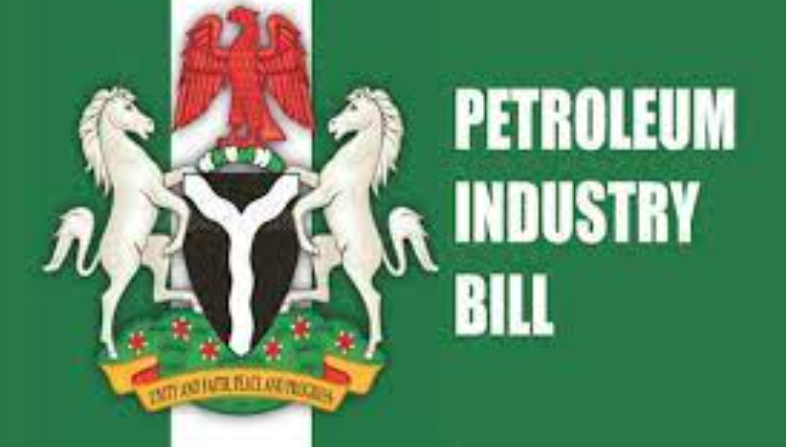With the signing of the Petroleum Industry Bill into law by President Muhammadu Buhari on Monday, the Federal Government may soon end the fuel subsidy regime.
It was reliably gathered that the government’s position on fuel subsidy would form the major item during the Minister of State for Petroleum Resources, Chief Timipre Sylva’s press conference on the petroleum industry law, which hold today.
READ ALSO: Brent Crude Price Falls to $69.83 Per Barrel
From all indication, the cost of petrol which is currently between N162 and N165 per litre could jump to as high as N300 per litre upon the implementation of the law if market forces were allowed to determine the price as stipulated in the new law.
Another issue that the minister would likely address was the unbundling of the Nigerian National Petroleum Corporation (NNPC).
Five per cent of oil revenue was proposed for the oil-bearing communities in the original version of the executive bill. In passing the bill however, the Senate and the House had approved three per cent and five per cent respectively for the host communities.
The conference committee set up by both chambers to harmonize the differences in their versions of the PIB had approved three per cent, which generated protests in the house.
While the Senate adopted the three per cent recommendation on July 15, 2021, the consideration of the report by the committee was frustrated by southern members in the House, forcing the Speaker, Femi Gbajabiamila, to step it down.
The House, however, adopted the three per cent and passed the PIB without the votes of members of the minority caucus, who are predominantly southern lawmakers.
The action of the National Assembly attracted condemnation from groups, including the Pan-Niger Delta Forum, which described the approved percentage as injustice to the people of the Niger Delta region. Various groups then urged the President not to sign the bill.
A top official of the Ministry of Petroleum Resources, disclosed on Monday that the minister will at the press conference explain the government policy direction on fuel subsidy, but if what he said in the past is anything to go by, he may announce a fresh direction on subsidy, which will be removed with the signing of the PIB.
It would be recalled that Sylva had in July explained that subsidy on Premium Motor Spirit, popularly called petrol, would come to an end once the PIB was signed into law by the President.
Also in June, the Group Managing Director of the NNPC, Mele Kyari, had explained that the price of petrol should be more than the N280 per litre at which Automotive Gas Oil, also known as diesel, was being sold then.
The NNPC boss explained that the difference between the prices of petrol and diesel should be around N10 per litre, with petrol having the higher cost.
Kyari had said, “Today, we are paying N162 per litre (for petrol). I am sure that many people buy AGO (diesel) in the market and it is selling at N280 per litre in the market today.
“So, (there is) nowhere in the world that diesel sells more than PMS. That means that the price of petrol anywhere in the world, assuming you are going to sell it at the market rate, you are going to sell it above that price you have seen. The difference in prices between both is usually around N10 per litre.
Findings in Abuja on Monday showed that diesel was selling for around N290 per litre, meaning that petrol should be selling around N300 per litre, going by Kyari’s explanation.

